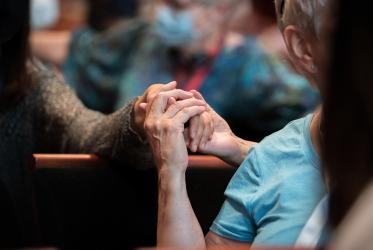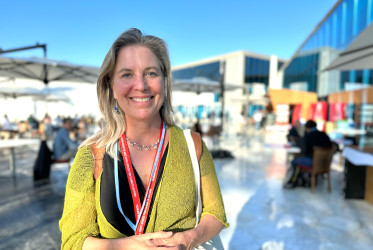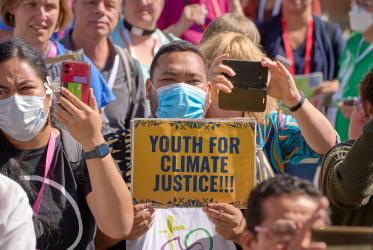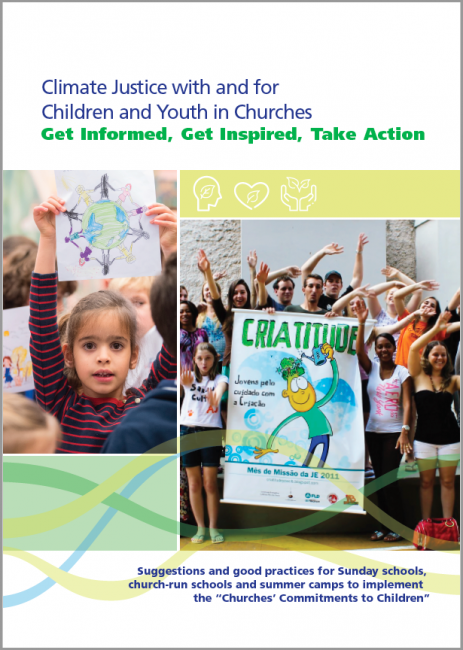Displaying 81 - 100 of 228
21 December 2022
Neddy Astudillo at COP27: “We still have the power to protect life”
18 November 2022
Christian Brooks: “Faith and climate really go hand-in-hand”
14 November 2022
Climate Justice with and for Children and Youth in Churches
Get Informed, Get Inspired, Take Action
09 November 2022
Gracia Ross: “Luchar contra el VIH es una obligación moral”
04 October 2022
La respuesta a las necesidades humanitarias en Ucrania
27 September 2022


















